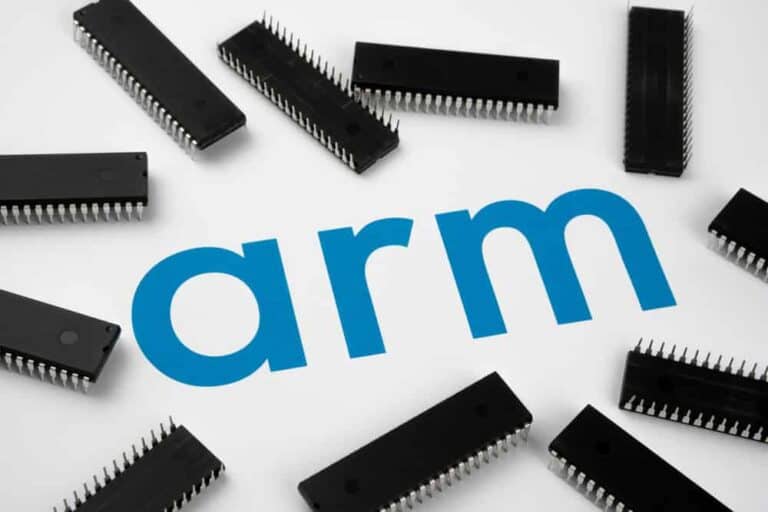Arm is collaborating with the Open Compute Project (OCP) on new energy-efficient AI data center standards. The chip designer aims to address the growing demand for computing power and the rising energy consumption of large-scale AI applications.
This was reported by SiliconAngle. Arm introduced the Foundation Chiplet System Architecture (FCSA), a specification shared within the OCP. This standard should make it easier for manufacturers to develop compatible chiplets for system-on-a-chip (SoC) designs. By integrating various components such as CPUs, memory, and network interfaces into a single package, data centers can be designed more efficiently and compactly.
According to Arm, computing intensity in data centers is increasing rapidly, putting pressure on traditional server architecture. The transition from separate server boards to integrated SoCs should reduce energy consumption and improve performance per watt. Arm emphasizes that AI racks now consume up to ten times more power than they did five years ago. Chiplet-based designs can limit that effect and reduce operating costs.
With the FCSA, Arm also aims to establish a common basis for chiplet interfaces, enabling components from different suppliers to work better together. This offers developers more flexibility in building new AI accelerators without having to design each component themselves.
Arm expands Total Design system
Arm is also further expanding its Total Design ecosystem. Launched two years ago, this program has grown from 13 to 36 partners in the chip industry. Ten new partners are now joining, including Astera Labs, Rebellions, Marvell, and several Asian specialists in packaging and interconnect technology. According to Arm, the combined expertise within this network should help to reduce the development time of complex SoCs and lower costs.
The Open Compute Project was founded in 2011 by Facebook (now Meta) to accelerate the development of open hardware for data centers. The organization encourages collaboration between technology companies, researchers, and end users by publicly sharing designs, specifications, and best practices. OCP focuses on various components of data center infrastructure, such as cooling, power management, network architectures, and rack systems. By opening up knowledge and designs, OCP aims to accelerate innovation and reduce the cost of large-scale infrastructure.
To accelerate the development of new AI infrastructures, Arm recently joined the OCP board of directors. This puts it alongside major players such as Meta, Google, Intel, and Microsoft, who are working together on interoperable standards for the next generation of AI data centers.
